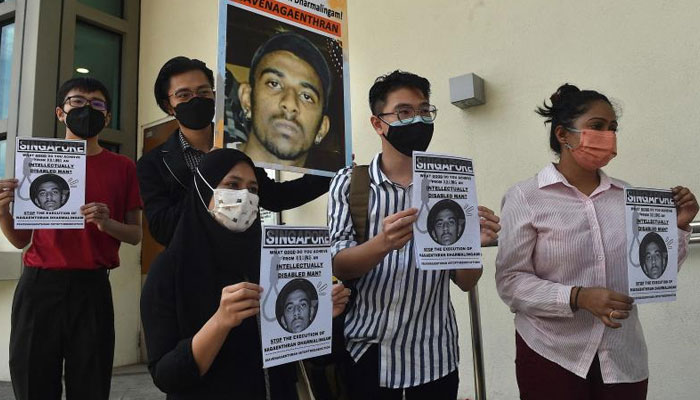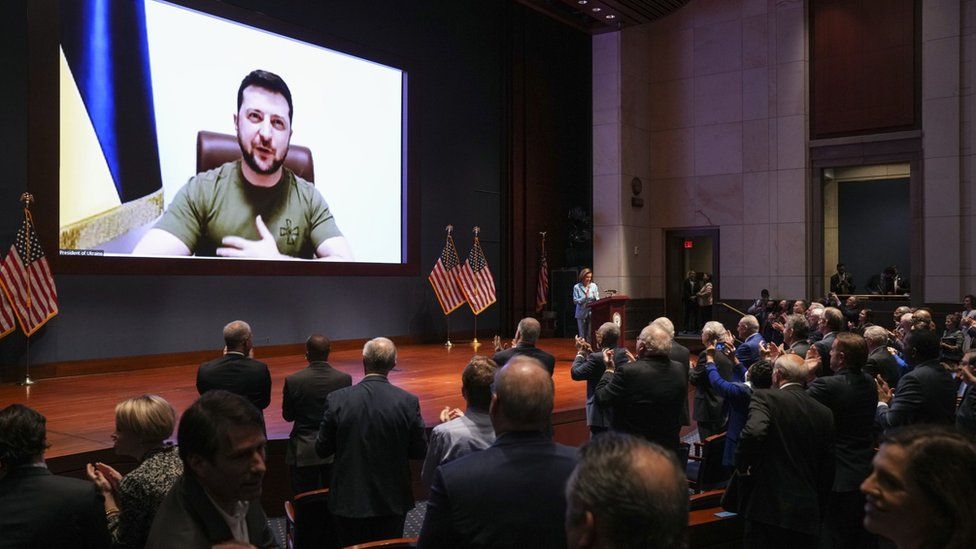ISLAMABAD: Senate Standing Committee on Foreign Affairs Chairperson Sherry Rehman termed the launch of an Indian missile into Pakistan a potential trigger point for multiple crises, while expressing concerns over the matter during the committee’s meeting on Wednesday.
Rehman, who is also a parliamentary leader of PPP in the Senate, reviewed the Indian projectile crash in Pakistani territory and Prime Minister Imran Khan’s Moscow tour follow-up in the Senate Standing Committee on Foreign Affairs session held at the Parliament House.
During the meeting, Rehman expressed intention to call officials of the Air Defence Command and Strategic Plans Division in the next meeting of the committee and sought an in-camera briefing on the matter.
“Indian missile crash was an extremely dangerous indicator of multiple crises that could have been precipitated,” the Senator said.
She said an escalation of hostilities between two powerful, nuclearised countries must be avoided at all costs, especially in the absence of a framework for scaling down.
“There is no current example in the world of such a risk-laden environment where two nuclear powers who have had four wars between them are also direct neighbours.”
She said it is because of our turbulent history that the severity of this so-called “mistake” cannot go unnoticed by Pakistan and the international community.
“It is of paramount importance to note that this ‘technical glitch’ did not occur in disputed territory, rather 500km from Islamabad in Mian Channu,” she said.
The senator said there are a series of procedures in place for testing, even if we are to accept this weak explanation that it was a missile that went off its charted course, why did it not self-destruct.
She said the incident calls into question why India, could let a mishap of such enormous magnitude “slip” through during a “routine check”.
Briefing the committee on the issue, Secretary Foreign Affairs Sohail Mehmood apprised it of Pakistan’s strong protest at this flagrant violation by summoning India charge D’affaires and handing over the questions seeking explanation and being cautioned against the recurrence of any such incident in the future. “Pakistan demands a joint probe to accurately establish the facts surrounding the incident,” he added.
On Russia-Ukraine war, she questioned “efforts taken by Pakistan to ensure the safe and secure return of its citizens with particular focus on students and the impact of Pakistan’s exposure.”
Sohail Mehmood informed the committee that the Prime Minister’s visit to Russia was planned two years ago. Last year, the prime minister was twice invited to visit Russia but was unable to do so because of the corona epidemic, he added
“Several heads of state visited Russia and it was thought that there would be no war, but unfortunately, it happened during the visit. The prime minister, during his visit, called for resolving the issue through dialogue in a peaceful manner,” the foreign secretary maintained.
To the question about the stranded Pakistanis in Ukraine, Sohail Mehmood said as many as 1,558 people were evacuated from Ukraine so far, and Pakistani students were evacuated from Ukraine via Poland. There are currently 15 to 20 Pakistanis in detention centres who do not want to be repatriated to Pakistan.












